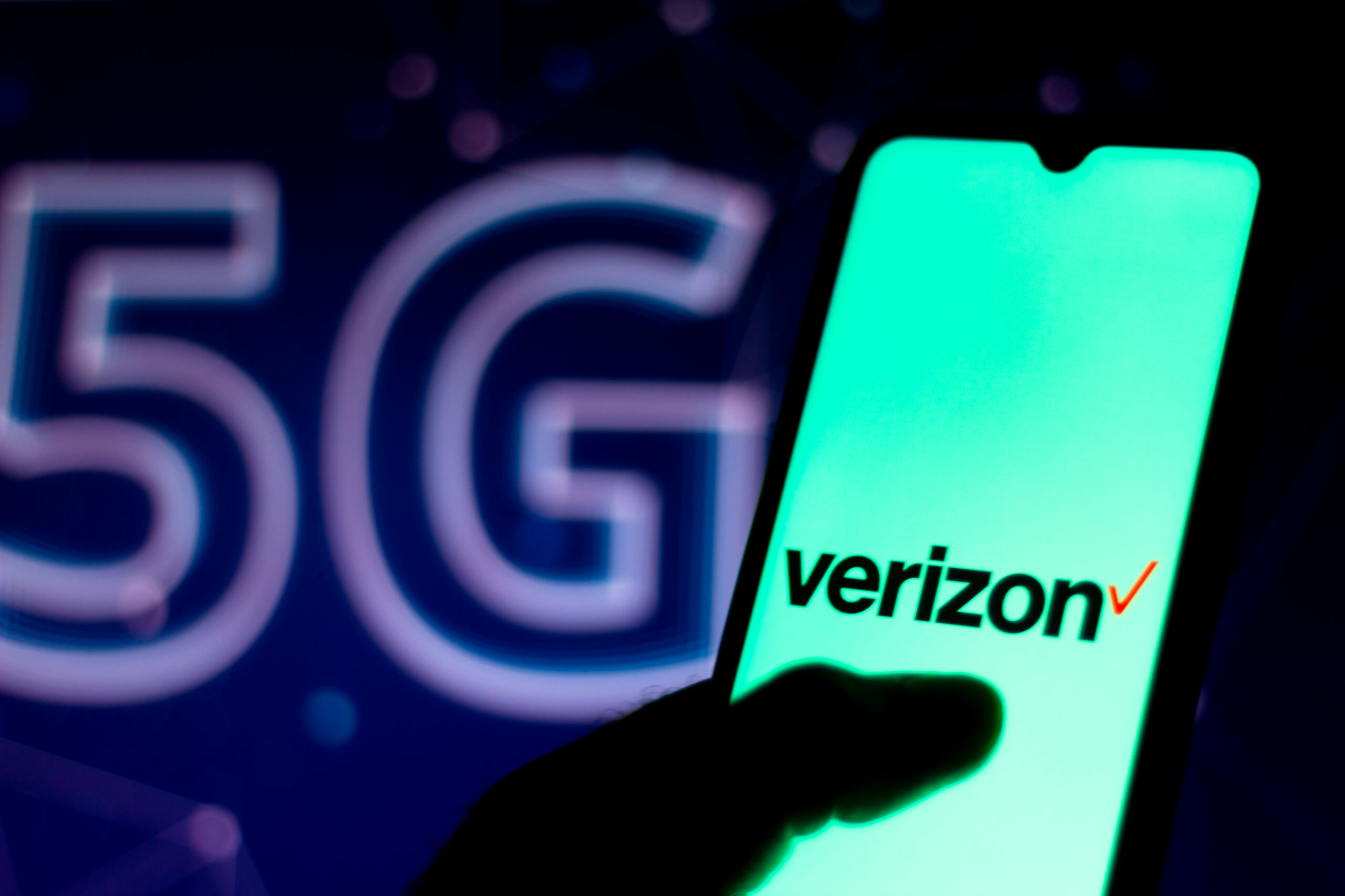In June, America’s two largest wireless providers raised monthly prices on some older plans by $6-$12, a move estimated to generate billions of dollars in additional revenue. Most analysts believe it was an attempt by AT&T and Verizon to push low-cost legacy subscribers who are happy with their existing service to more expensive unlimited services. Last week, management confirmed the strategy with investors. “In some cases, they’re choosing to pay the increase of their existing plan and not move,” AT&T CEO John Stankey said. “And we’re also seeing some use it as an opportunity to migrate into better plans and trade up.”
Despite being independent companies, management at both announced similar “adjustments” within days of each other last month. The price changes ensure that consumers pay more for their existing service, or upgrade to a more expensive “premium” offering to avoid the higher fee. This approach is ubiquitous across the industry. “We’ve been coaxing people up to higher and higher priced plans even as prices are rising,” a Bank of America Analyst told the AT&T COO in June.
Neither is concerned about customers leaving due to the announcements. “We will see a small bubble in churn here in the third quarter,” Verizon CFO Matt Ellis said. “But apart from that, we expect to see significant benefit from the actions we’ve taken.”
The American wireless industry is extremely concentrated and a poor value for consumers.
- Verizon (40%), AT&T (30%) and T-Mobile (18%) control almost 90% of America’s wireless market.
- An analysis at The MarkUp found that cell phone plans in America are slower and more expensive than peer countries.
- Analysts believe that the concentrated nature of the industry gives firms little incentive to lower prices to capture additional subscribers.
AT&T, T-Mobile and Verizon made a massive bet on 5G, but consumers have not been willing to pay for it.
- Starting in 2020, the U.S. government started auctioning off the C-band airwaves, a portion of the wireless spectrum that enables ultra-fast 5G connections.
- Industry analysts initially expected the bids from wireless carriers to reach between $38 and $52 billion. However, the first auction reached nearly $70 billion.
- As of March 2022, wireless carriers have spent $118.4 billion on 5G auctions—almost double what the industry paid for 4G. Verizon alone has spent around $65 billion on licenses.
- Market surveys suggest that 5G capability isn’t one of the top four reasons people switch carriers.
- According to Bloomberg, as of March 2022, the investments have yielded “little to no revenue” for the providers.
- Wireless providers planned to offer 5G services for a surcharge, only to revert to bundling it with more expensive premium plans after limited success convincing customers to pay more.
To boost lower than expected revenue, telecoms increased administrative fees.
- Wireless operators are afraid to increase the advertised headline rate of their plans, which consumers pay attention to. Management believes that higher rates cause churn and impact growth. Instead, they are raising “administrative fees” associated with the plans. In June 2022, Verizon increased the fee by over 144%, matching previous increases by AT&T and T-Mobile.
- An industry research group suggests that administrative fees account for $8-9 billion a year in revenue for the three major wireless providers. Verizon’s most recent increase is estimated to generate $1.5-1.6 billion in new revenue for the company.
The wireless industry expects to earn significant revenue through price increases.
- Verizon anticipated that the price increase would generate an additional $1 billion in revenue in the back half of 2022.
- According to AT&T management, “everything is tracking” with the price increase and that it may raise revenues in the future by looking “at pricing again.”
- As a result of its merger with Sprint, the federal government banned T-Mobile from increasing prices until April 2023.
The industry has signaled that it will pass the price increases on to shareholders through dividends and stock repurchases.
- In the last five years, AT&T and Verizon have spent a combined $120 billion on dividends and stock buybacks. Management for both firms have signaled payouts of $11 billion and $8 in the future.
- T-Mobile has not paid dividends or purchased stock since it purchased Sprint for $26 billion in 2019. Management has told investors that it plans to resume stock buybacks in 2023-25 with over $60 billion of purchases.
After committing to invest hundreds of billions of dollars on 5G licenses and equipment, and having little to show for it, wireless providers have found a new way to boost revenue and migrate consumers to their more expensive service offerings: raising prices on existing legacy plans.



